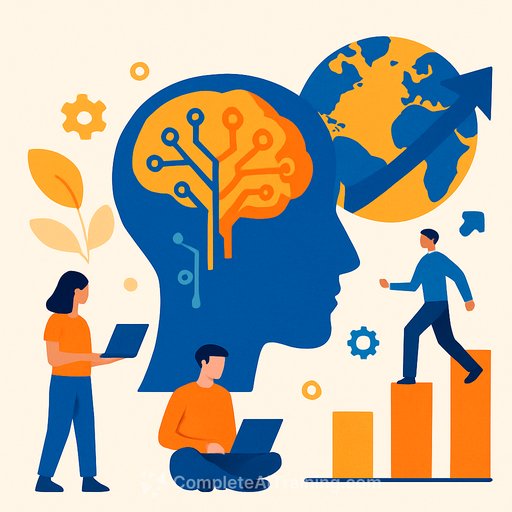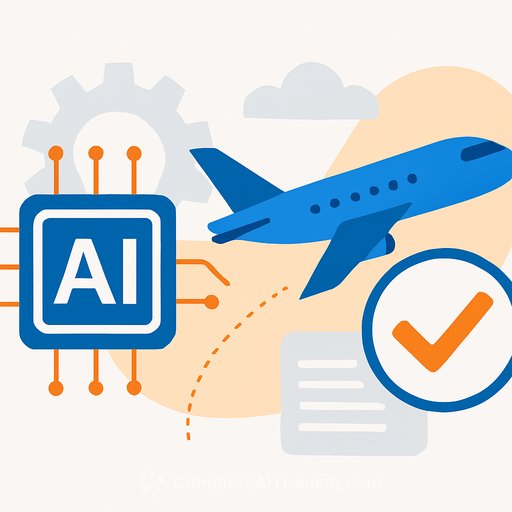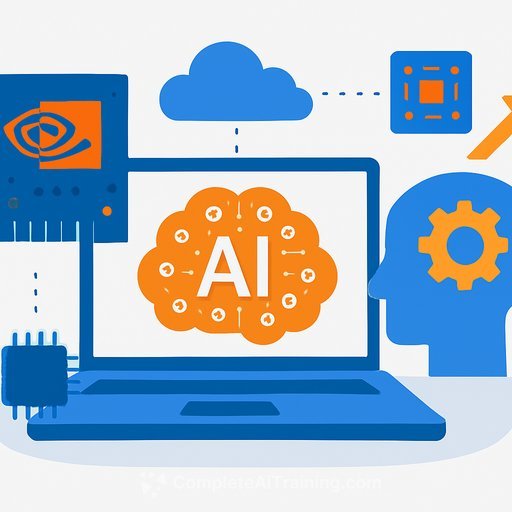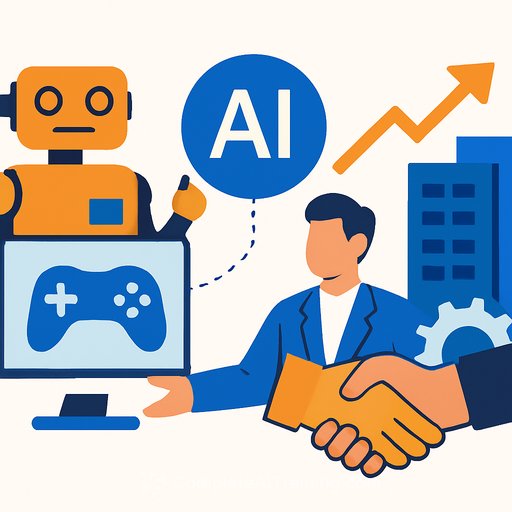Artificial Intelligence: Accelerating Human Development
On May 8, 2025, the Director of the UNDP's Global Human Development Report Office, Pedro Conceição, presented the key findings of the 2025 Human Development Report at the Palace of Serbia in Belgrade. This marked the first time the report was presented in Serbia, with remarks from Jadranka Joksimović, Advisor for Foreign Relations and Coordination of Strategic Policies, and Mihailo Jovanović, Director of the Office for IT and eGovernment.
Key Findings: Challenges and Opportunities
The report, titled "A Matter of Choice: People and Opportunities in the Age of Artificial Intelligence," highlights a concerning slowdown in global human development progress, now at its lowest level in 35 years. Inequality between wealthy and poorer nations has widened for the fourth consecutive year. However, the report also underscores AI’s potential to accelerate development and emphasizes public optimism about AI’s impact on future opportunities.
Pedro Conceição stressed that the decisions made in the coming years will shape the legacy of this technological transition. Focusing on people-centered AI strategies can transform AI into a bridge for acquiring new skills, knowledge, and ideas, benefiting everyone from farmers to entrepreneurs.
Three Priorities for AI and Human Development
- Building an economy where humans collaborate with AI rather than compete with it.
- Ensuring human oversight throughout AI’s entire lifecycle—from design to deployment.
- Modernizing education and healthcare systems to meet the demands of the 21st century.
Serbia’s Progress in Human Development
The Human Development Index (HDI) measures life expectancy, education, and income to rank countries. Iceland ranks highest in 2025, followed by Norway and Switzerland. Serbia holds a score of 0.833, ranking 62nd among 193 countries and classified as having very high human development. Notably, Serbia climbed three positions compared to the previous report.
Within the region, Slovenia leads at 21st place. Other rankings include Croatia (41st), Montenegro (48th), North Macedonia (68th), and Bosnia and Herzegovina (74th). Serbia’s expected life expectancy is 76.8 years, with an average of 11.6 years of schooling, rising to 15 years for younger generations.
Government Approach: Responsible AI Implementation
Jadranka Joksimović, speaking for the Prime Minister of Serbia, highlighted that responsible AI use is a strategic priority. She emphasized prevention over sanctions and noted the inclusion of AI topics in primary and secondary education. According to Joksimović, AI must promote humane development, with dialogue and cooperation guiding policy creation.
Education remains Serbia’s comparative advantage, and preserving it is a key government goal. Joksimović acknowledged UNDP’s support in crises and digital transformation projects, reinforcing the partnership's importance.
Public Perception of AI
The report includes global survey data indicating realistic and hopeful views on AI’s impact. Half of respondents believe their jobs could be automated, yet 60% expect AI to create new employment opportunities. Only 13% fear job losses due to AI. In low- and middle-income countries, 70% anticipate productivity gains from AI, and two-thirds expect AI applications in education, healthcare, or work within the next year.
Serbia’s AI Strategy and Infrastructure
Mihailo Jovanović highlighted Serbia’s pioneering role in AI strategy in Southeast Europe, noting the country's first AI Development Strategy (2020–2025) and the recently adopted 2025–2030 strategy. The government is investing €55 million to upgrade the supercomputer in Kragujevac, which will reach speeds seven times faster by year-end.
In partnership with France, Serbia secured €50 million for another supercomputer and AI applications in public administration. These investments will position Serbia with the most powerful AI-dedicated supercomputer in the region and among the top 20 in Europe. The platform will also support the private sector, aiding digital transformation with state subsidies.
AI in Practice: Healthcare and Research
Dr. Petar Veličković from Google DeepMind emphasized AI’s role in amplifying human capabilities, highlighting the synergy between humans and AI. Experts Dr. Aleksandra Dragičević and Dr. Branka Rakić presented examples of AI in medical diagnostics, such as mammography scan analysis, and discussed the need to digitize Serbia’s healthcare system to enable wide adoption of such solutions.
For IT and development professionals interested in expanding AI skills, exploring targeted courses on platforms like Complete AI Training can be beneficial.
Access the full Human Development Report 2025 for detailed insights.
Your membership also unlocks:





